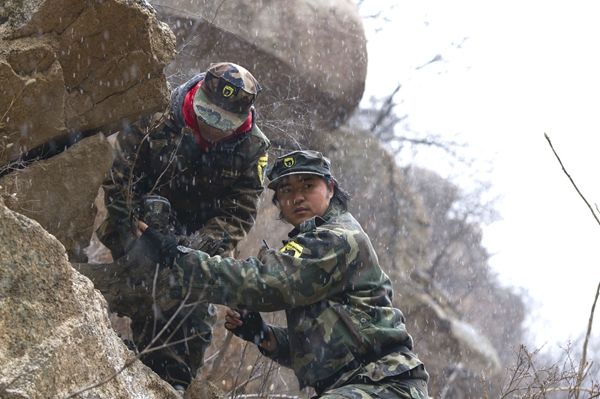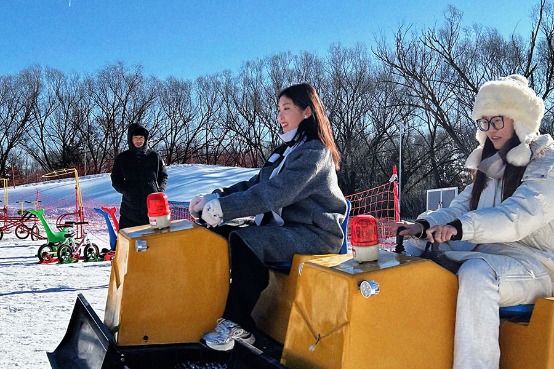On long trip, flying friends well protected


Li's friends working in zoos mailed him excrement of North China leopards, which feed on boars, and Li placed it in the crop fields. The team has also used a loudspeaker and played recordings of wolf howling aggressively, and have hung towels and cloth in the fields after soaking them in peppermint soap.
Such methods work temporarily but fail to root out the problem, Zhao said.
As destructive as boars can be, it is illegal to hunt them, except for a small number of people who are on government-approved hunting activities, which are mostly carried out by hunting teams.
One reason is that boars are on the list of terrestrial wild animals that are "helpful or of value" and protected by the State, though they were removed from a draft revision of the list that the National Forestry and Grassland Administration issued in December to solicit public opinions.
"The boars are breeding too quickly,"Zhao said. "They don't have a natural enemy in our region."
But for Li, the wildlife protector, change may be on the way. The increase in boar numbers may attract wild North China leopards to the region from a nearby nature reserve in Hebei, thus keeping the number of the boars in check, he said.
Then the big cats may move further across the terrain and enter into the neighboring wilderness of Beijing, where they were last seen in the 1980s, if they find enough boars, roe deer or gorals to feed on in the capital's forests, Li said.
The introduction of the leopards will further improve biodiversity in Beijing and make it "very sound and healthy", he said, adding that humans and wildlife can and should coexist.

































